
How to say "Please be quiet!" in Korean. Korean language, Korea
Learn Korean with Memrise. Learn how to say yes, please (polite) in Korean, how to say it in real life and how you can use Memrise to learn other real Korean phrases.
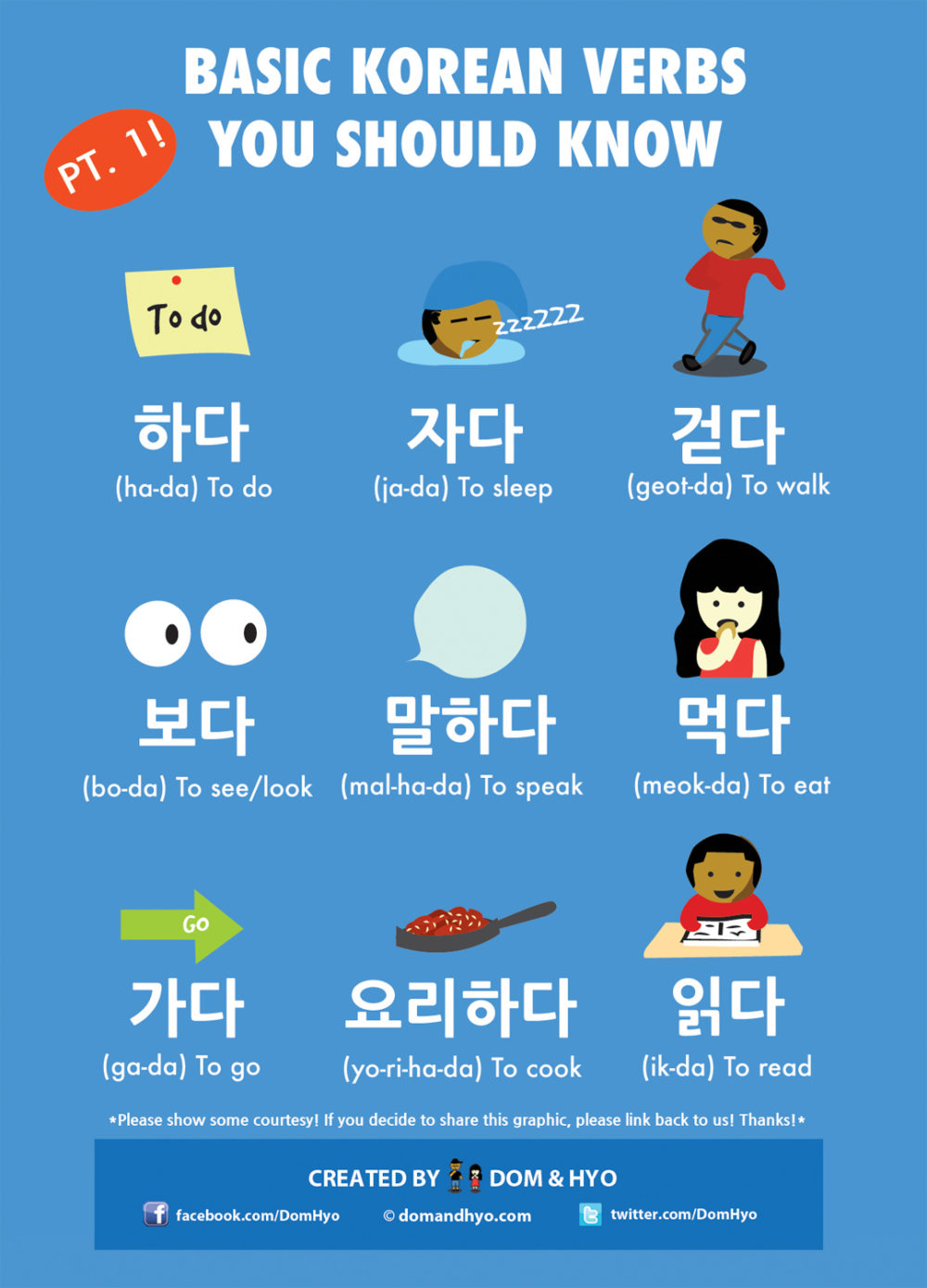
Basic Korean Verbs You Should Know (Pt.1) Learn Korean with Fun
Google's service, offered free of charge, instantly translates words, phrases, and web pages between English and over 100 other languages.
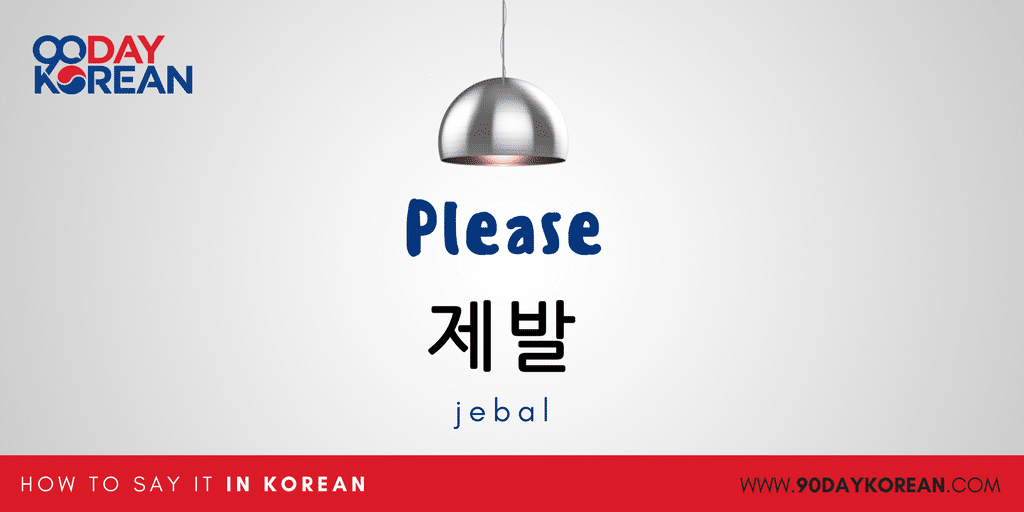
How to Say ‘Please’ in Korean
Learn how to say " please" and "please give" in Korean language.

How to Say "Please" Learn Korean YouTube
Formal Ways to Say Please in Korean. In formal situations, it's crucial to use the appropriate level of politeness. Here are some standard ways to say "please" in Korean formally: 1. "주세요." (juseyo) This is the most common and versatile way to say "please" in Korean.

Top 25 Useful Korean Phrases Korean language, Korean language
How to say "Please" in KoreanLet's all learn together!Wanna learn more?Brand New Beginner's Korean Learning BookHoon's Guide To Hangul! (HGTH)https://sooandc.

Learn Korean Say "PLEASE" in Korean CORRECTLY! TalkTalk Korean (Han
Here are the two different ways to say "please" in Korean in polite situations. You can use this everyday life conversation when you want to request something. Please Give Me In Korean- 주세요 (juseyo) 주세요 [ju-se-yo] means 'Please give me' in Korean which comes from the verb 주다, which means "to give", and the polite ending ~ (으)세요).

How to say "Could you take a picture of us, please?" in Korean Learn
Expressing Politeness: Jalmoshimnida (잘못심니다) Conclusion Related posts: Formal Situations: Juseyo (주세요) In more formal situations, Koreans often use 'juseyo' (주세요) to politely ask for something. This phrase is used when making requests or asking for favors.

How to say "please" in Korean language YouTube
Free English to Korean translator with audio. Translate words, phrases and sentences.
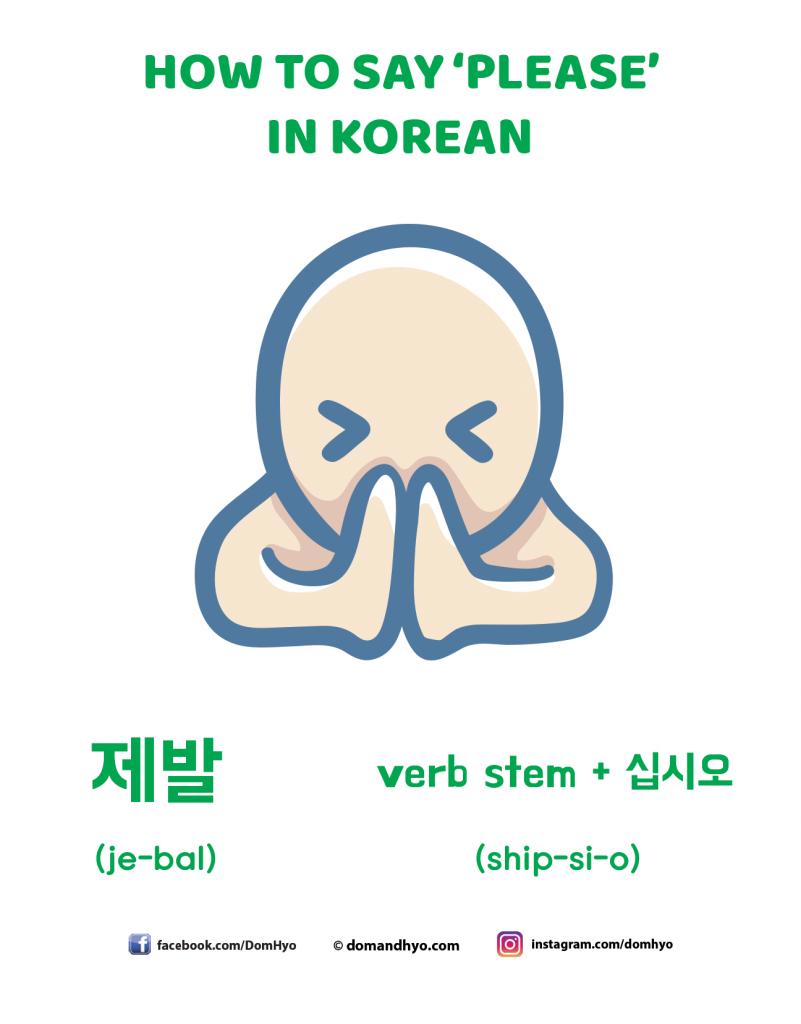
How to Say Please in Korean Learn Korean with Fun & Colorful Infographics
In Korean, the word "please" is translated as "부탁합니다" (budaeghamnida) in formal language. It would be best if you used this term to show respect and maintain a polite tone. Examples: 한 잔만 부탁합니다. (Han jaman budaeghamnida.) - Please just one glass. 물 좀 부탁합니다. (Mul jom budaeghamnida.) - Please.

Please in Korean 🔥 (Speak Like Natives) 🔥 Korean Jun
[juseyo] / [seyo] - Then, what's 'Please' in Korean? Here is the fun fact you must know. There is no expression for please in Korean. Why doesn't Korean language have 'please'? Because, many other conjugations are polite enough. They already have 'please' in its nuance.

How to say "Please cut the price" in Korean Learn Language YouTube
Let's take a look at some of the most common everyday phrases and their two versions: 1. Good morning. Formal: 좋은 아침입니다. (joheun achimimnida.) Informal: 좋은 아침. (joheun achim.) Use the formal version when addressing someone older or in a more official setting.
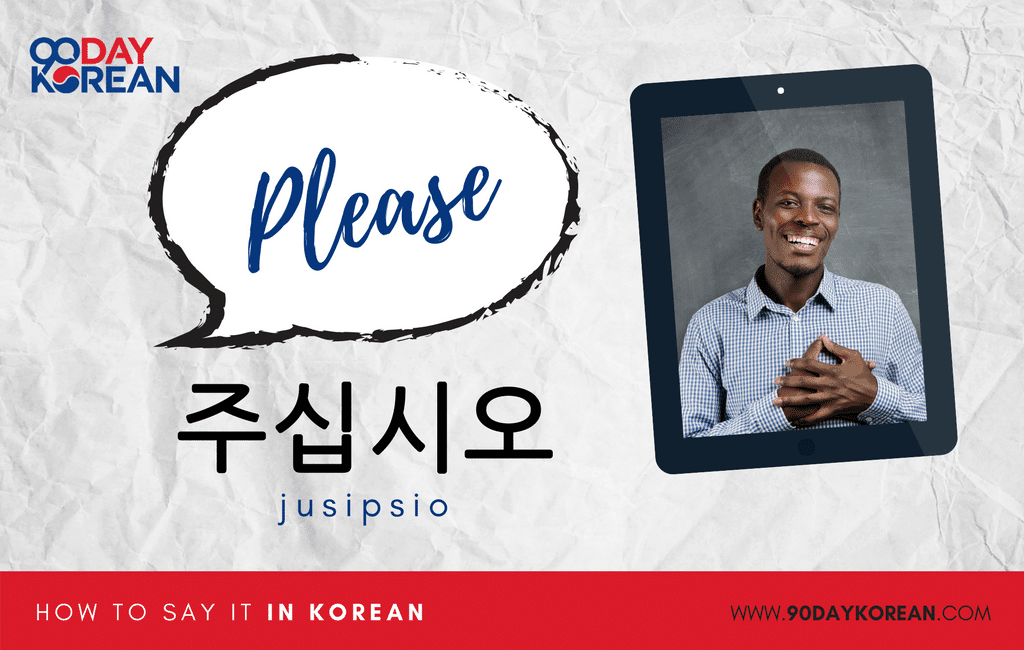
How to Say ‘Please’ in Korean
4. 안녕히 주무세요 (Annyeonghi Jumuseyo) - Good Night. One of the Korean polite words and phrases that you also need to know is 안녕히 주무세요 (annyeonghi jumuseyo). This phrase means "sleep well.". This is a perfect way to say good night to someone in a polite/formal way. Of course, do not forget the bow.
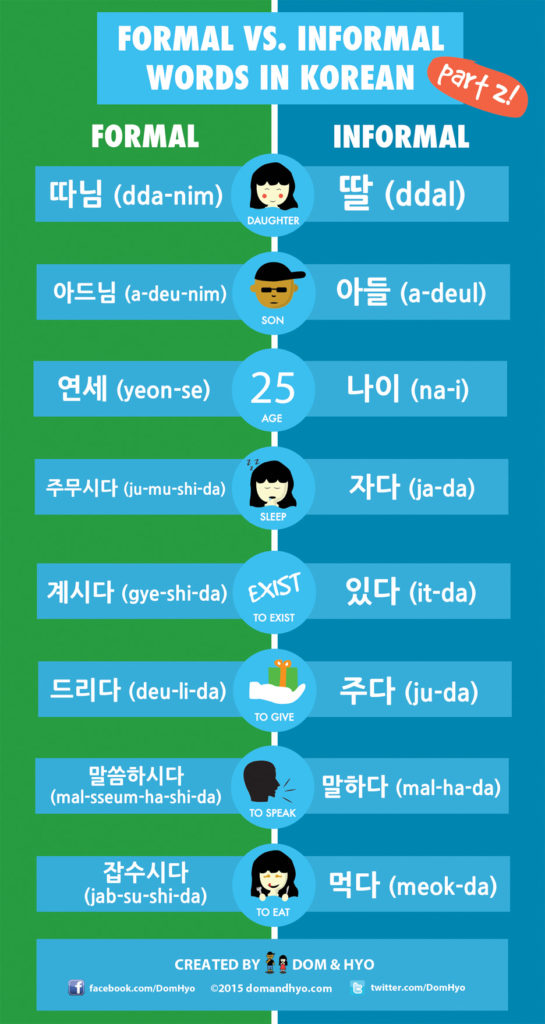
Learn Korean Informal and Formal Words in Korean Pt. 2 Learn Korean
1.1.1 1. 주십시오 (jusipsio) 1.1.2 2. 주시기 바랍니다 (jusigi baramnida) 1.2 "Please" in Korean (Standard) 1.2.1 1. 주세요 (juseyo) 1.2.2 How to pronounce "please" in Korean (juseyo) 1.2.3 2. 주시겠어요 (jusigesseoyo) 1.3 "Please" in Korean (Informal) 1.3.1 1. 줘 (jwo) 2 The meaning of 제발 (jebal) in Korean 3 A Word of Caution About Romanization 4 Wrap Up
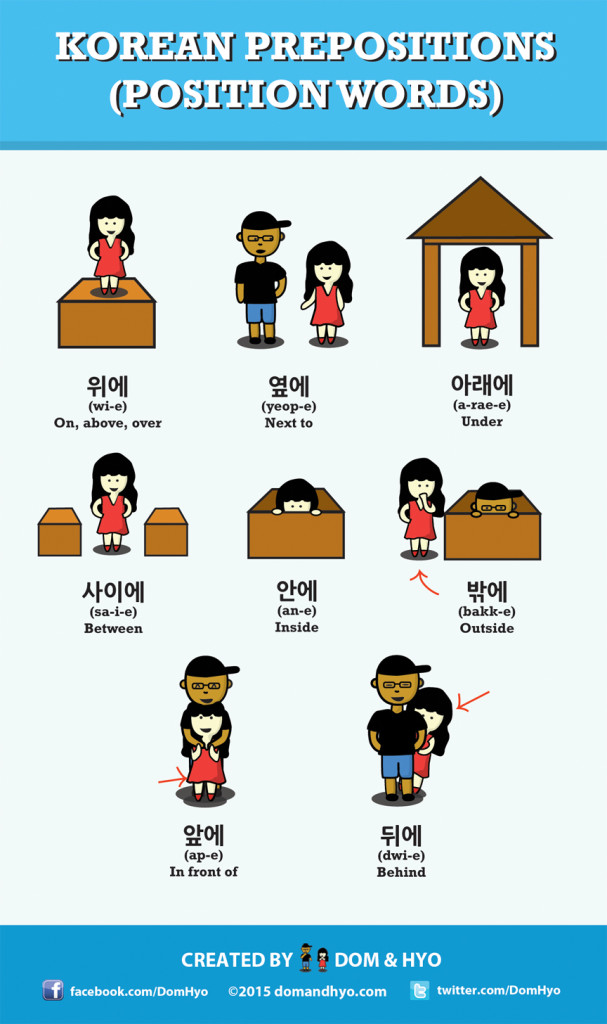
Prepositions in Korean Learn Basic Korean Vocabulary & Phrases with
please translate: 제발, 부디, (다른 사람을) 기쁘게 하다. Learn more in the Cambridge English-Korean Dictionary.

How to Say "Please" in Korean Learn korean, Korean language, Learn
Formal 'Please' in Korean 1. 주십시오 (jusipsiyo) This is the highest level of 'please' you can use. You might hear this during a speech or a news report. For example: 잠시만 기다려주십시오 (jamsiman gidaryeo jusipsiyo) Please wait a moment 2. 주시기 바랍니다 (jusigi baramnida) A similar phrase that you might hear (especially in announcements) is:

Ultimate Guide to Korean Greetings Formal and Informal Ways to Greet
1. Koreans do not say the word "please" 2. Two interchangeable ways to say "thank you" in Korean 3. Use body language when saying "thank you" in Korean! 4. What is the proper reply when someone thanks you in Korean? 5. Although there are several ways to say "you're welcome" in Korean, the most common is to say "yes" or "no." Conclusion 1.